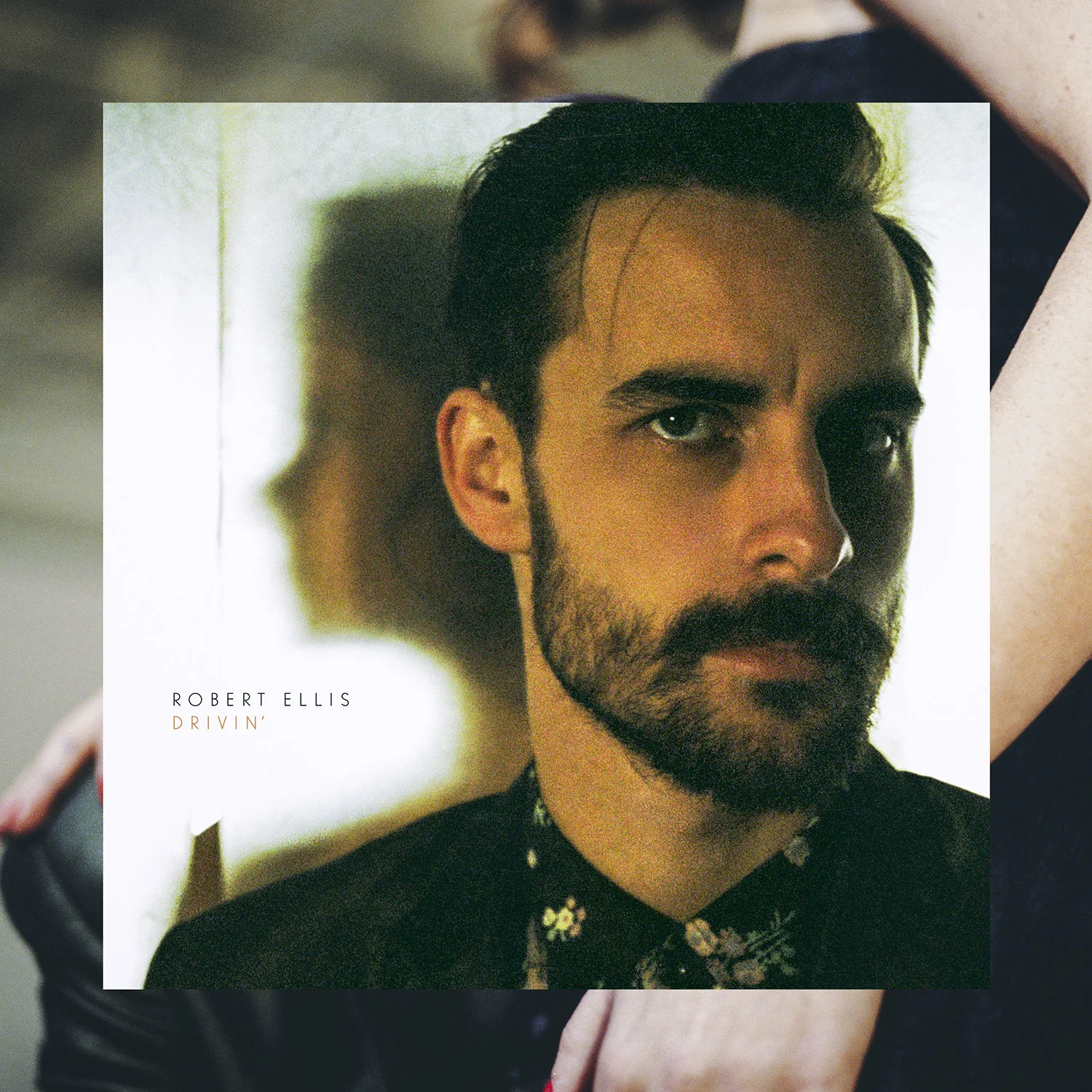Any artist will tell you that discipline is a necessary component of their creative process. Anyone who sits around waiting for the muse is probably not long for the craft. You have to work at it. Theresa Wayman of Warpaint certainly adheres to this idea: she creates something every day, even if it's nothing great. She told me, "Even if you're a creative person, it's important to go to work every day. . . . I have to exercise some aspect of myself, even if I create something that I never want to hear or see again. At least I've accomplished something if I do that. . . . You have get through the crap to create something beautiful."
Wayman wasn't always this disciplined, though. Another component of the creative process is the willingness to change your routine to stay energized creatively. To Wayman, that change meant becoming more disciplined. Using discipline as a way to disrupt the creative process would appear to be a paradox, although it really isn't.
Read More










